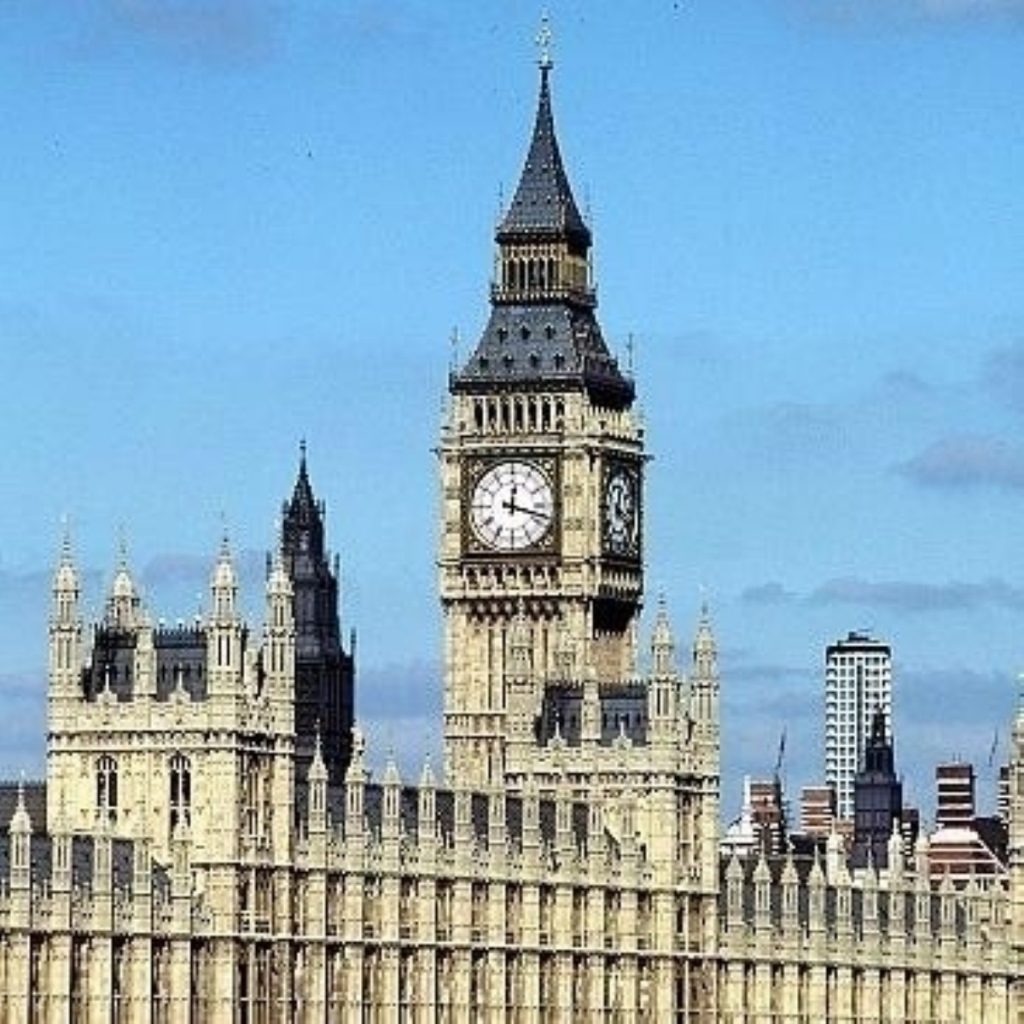Law lords rule in favour of right-to-die claimant
By Liz Stephens
The final judicial ruling made in the House of Lords ruled in favour of clarifying the laws on assisted suicide.
In their last judgment in the upper house, the law lords ruled the law was not as clear and precise as it should be.
The ruling was on the case of Debbie Purdy who is seeking immunity from prosecution for her husband if he helps her travel abroad to die.


Ms Purdy, who has multiple sclerosis, claims that uncertainty as to whether her husband will face prosecution breaches her human rights.
The decision may mean a groundbreaking change in the laws surrounding assisted suicides, with far-reaching implications for the prosecuting authorities, the police and parliament.
Assisted suicide is currently illegal in all its forms in the UK, with a potential penalty of 14 years in prison.
However, in some recent cases, the police gathered evidence of potentially criminal assistance by relatives but prosecutors chose not to pursue the cases.
The law lords said it was not their role to dictate the law but to clarify it. They will now ask the director of public prosecutions to set out when prosecutions would happen.
Speaking earlier, the former lord chancellor Lord Falconer said: “If Debbie Purdy wins, the law lords will be saying that you can’t have a crime which is enforced only on the whim of the director of public prosecutions”.
Lord Falconer recently supported an amendment to the law on assisted suicide.
Sarah Wooton, chief executive of Dignity in Dying, said the ruling would: “distinguish between compassionate assistance and malicious encouragement, rather than this blanket ‘everything is illegal’ approach.”
Opponents of a change in the law had warned earlier that it would have radical and negative consequences.
“If this is applicable to assisted dying, why is it not applicable to assisted fraud, self-defence, provocation and many other situations,” said Lord Carlile, one of a majority of peers who recently opposed changes to the law on assisted suicide.
“It would completely change the relationship between the prosecution service and the public and would actually make the service in my view very difficult to run.”
Assisted suicide has been very much in the spotlight of late with debate raging over the increasing numbers of British people travelling to Switzerland to use the facilities of the Swiss charity Dignitas.
Last week the Royal College of Nursing, which previously stood in opposition to assisted dying, moved to a neutral position, prompting speculation that opinion in the medical profession is changing.
The judgement was the final case to be heard in the House of Lords. The judicial function of the upper house will move to the new UK supreme court from October.












